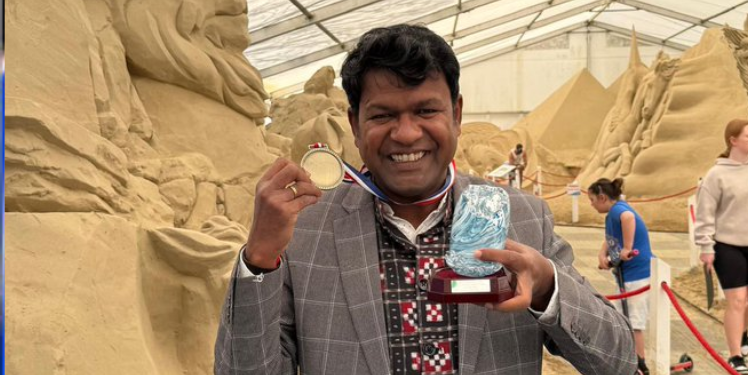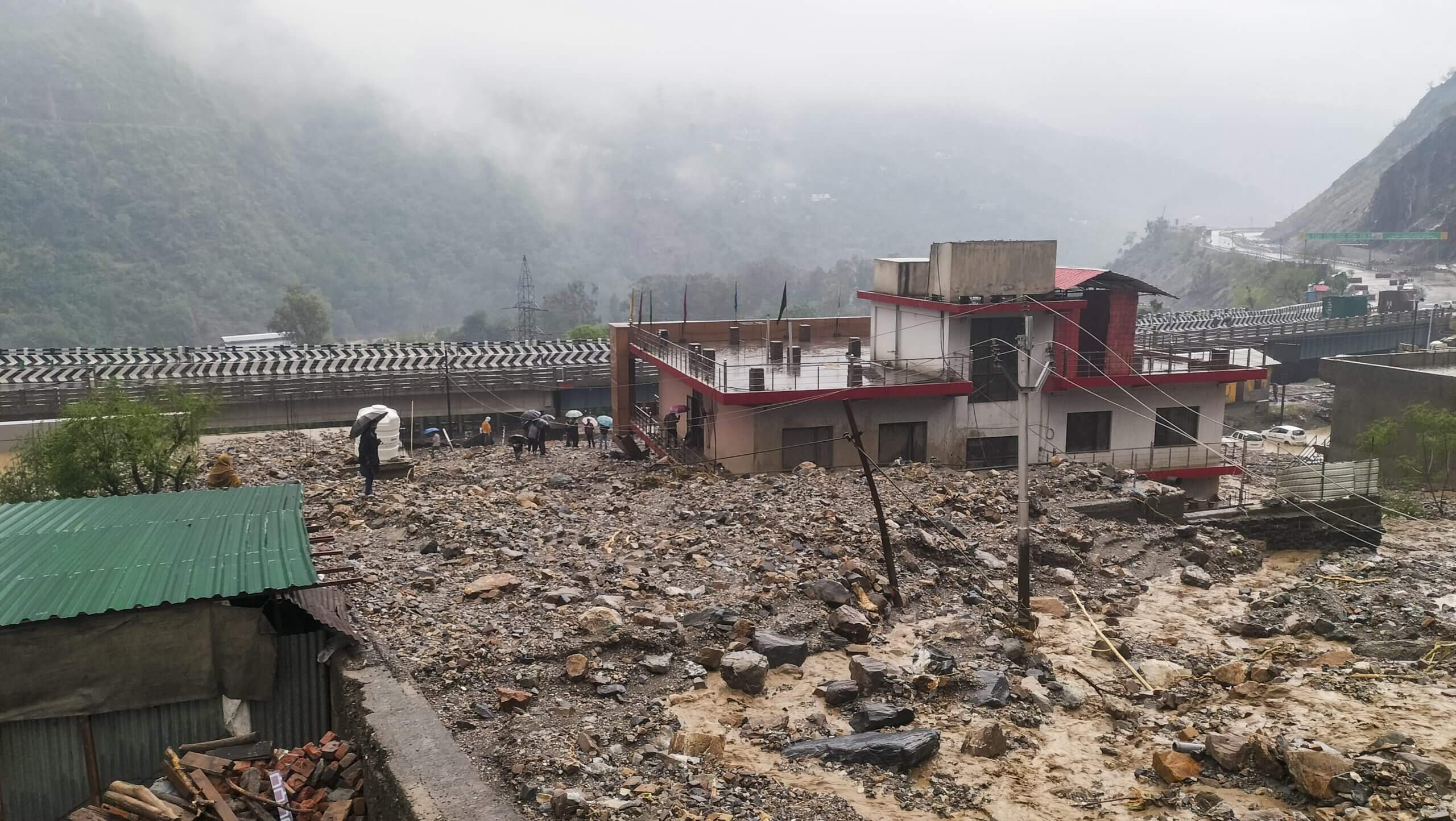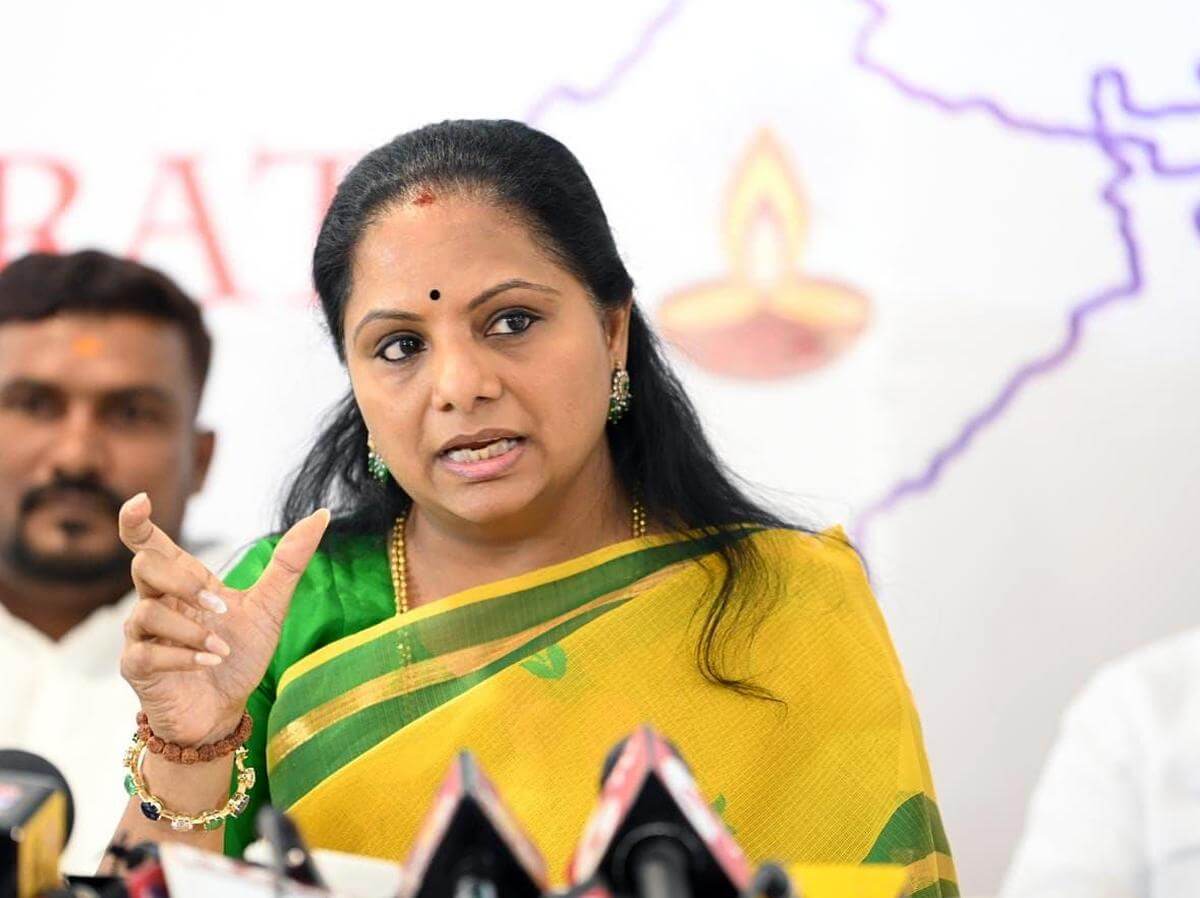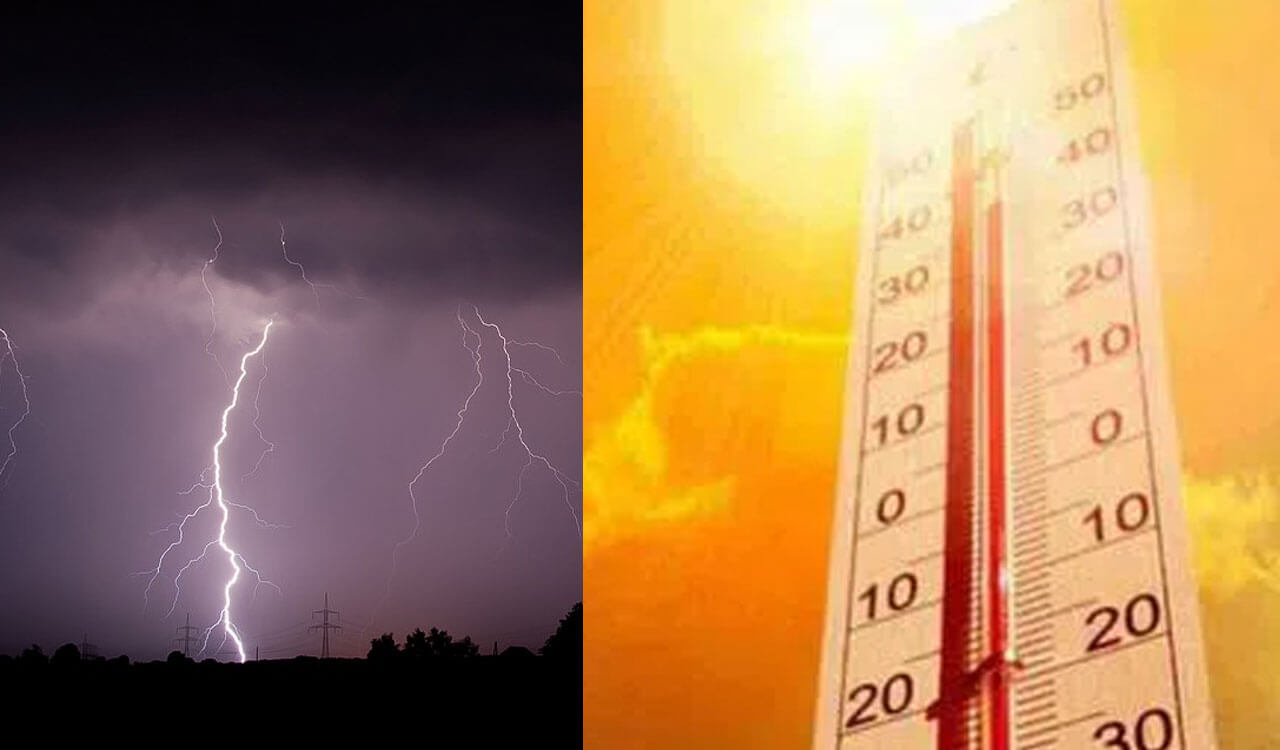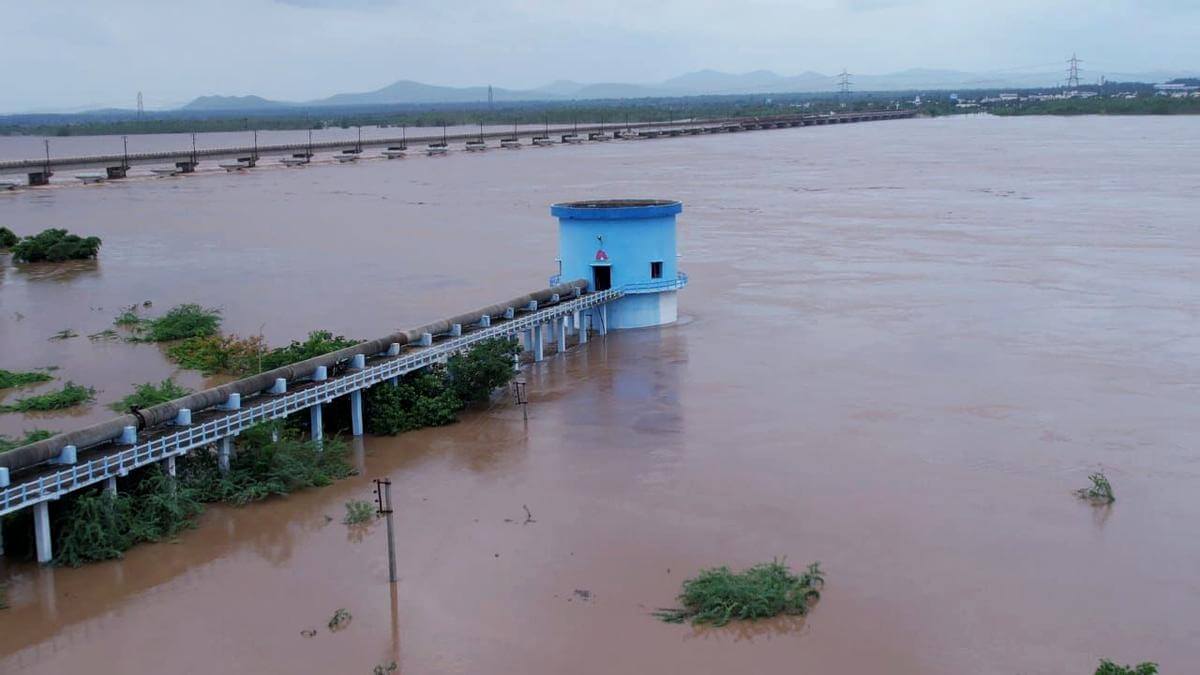Islamic Groups Says about Ramadan during Lockdown Pray at Home, Feed Iftar to Labourers
Sat 18 Apr 2020, 17:41:54
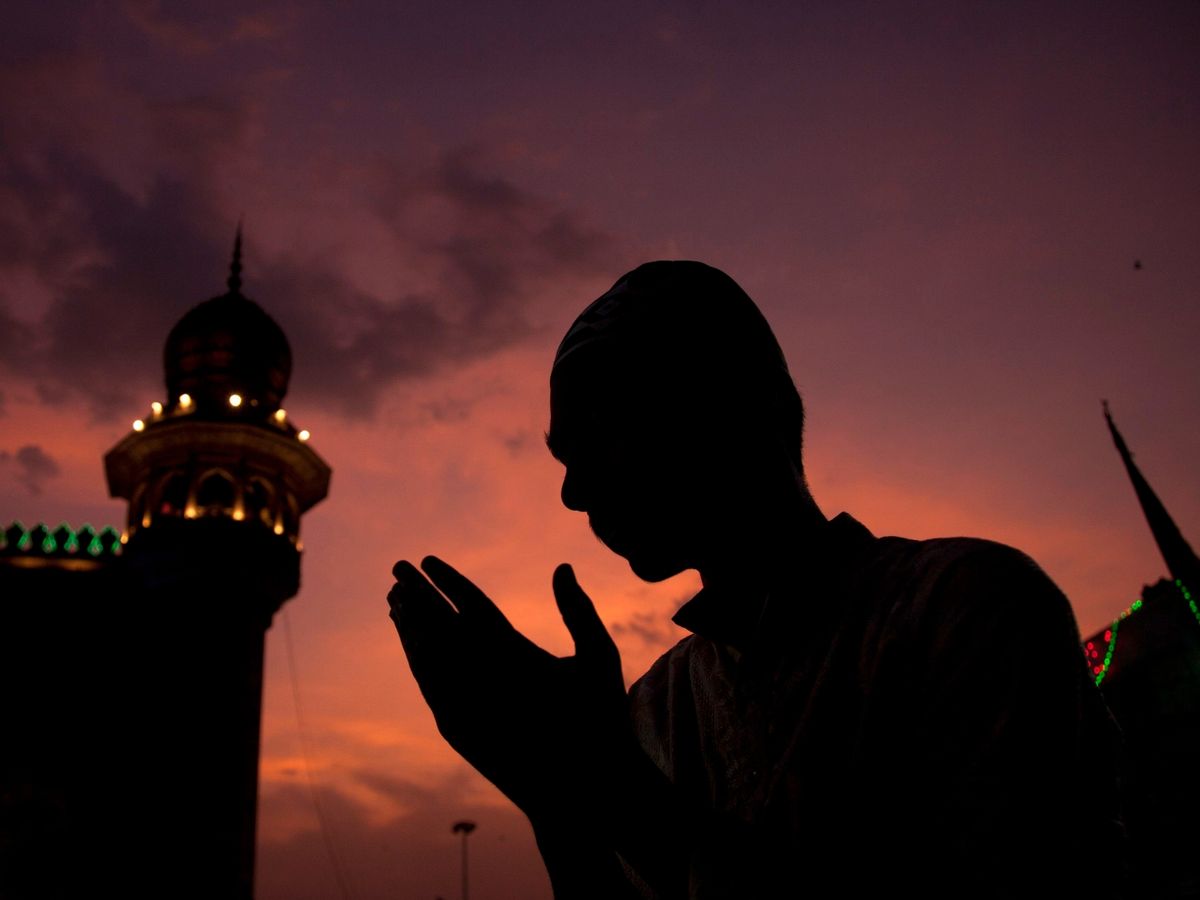
The Muslim organisations across the world have issued guidelines for observing fast during the month of Ramadan, which is set to begin on April 23, amid the coronavirus pandemic.
The organisations have advised the Muslims to follow the directions issued by the Ministry of Health and World Health Organisation, follow social distancing norms and not violate the lockdown rules.
The religious leaders said they expect the followers to feed the needy and hungry rather than holding “iftar parties.” The moon sighting for the holy month is expected on April 22.
Giving rules, Maulana Khalid Rasheed, director of Islamic Center of India Firangi Mahal in Lucknow, requested that Muslims comply with the lockdown and keep up social removing. "The Ramadan days will be set apart with fasting and the nights will se taraweeh supplications however the supporters ought not come in assemblage," Rasheed said in an announcement.
The supporters have been approached to have their suhur (supper before dawn) and iftar (evening dinner to end quick) at home and furthermore offer taraweeh (evening petition) from inside their homes as it were. As fasting is an unquestionable requirement in Islam, the progressions in watching the month can be made according to the circumstance and conditions request. Consequently, Rasheed requested that individuals not hold iftar inside mosques. "Individuals ought not assemble for iftar in masjid. Iftar ought to be made accessible just for those dwelling in mosques," he said.
Firangi Mahal and Jamiat Ulema-e-Hind have solicited the adherents from Islam to take care of poor people and workers during the sacred month. "As we are rehearsing social removing, individuals ought not
hold iftar parties. Rather, that cash can be utilized to purchase nourishment for the eager or poor and one should attempt to guarantee that nobody goes hungry in this period of Ramadan," said Rasheed.
hold iftar parties. Rather, that cash can be utilized to purchase nourishment for the eager or poor and one should attempt to guarantee that nobody goes hungry in this period of Ramadan," said Rasheed.
Mahmood Madani, General Secretary of Jamiat Ulema-e-Hind, issued a similar advisory asking Muslims to “not pray in congregation” and offer prayers at home. “Don’t move out of the house without any reason. During Ramadan sehri and iftar should be made available to feed the poor and labourers,” Madani said. The Jamiat will issue a detailed guideline soon on ensuring observation of Ramadan during nationwide lockdown.
Other Muslim organisations have also urged people to offer all congregational prayers from inside their houses.
An advisory issued by Abul Qasim Nomani, Vice-Chancellor of Darul Uloom Deoband in Uttar Pradesh, says, “Covid-19 is aggravating, which is an issue of grave concern for all; therefore, the lockdown was extended till May 3. In these times, the guidelines set up by health department should be followed strictly and gatherings should be avoided in any case.”
In Saudi Arabia, too, the grand mufti has urged people to stay at home during Ramadan and offers even the Eid prayers from home due to the coronavirus crisis. Grand Mufti Sheikh Abdulaziz Al al-Sheikh, who is the highest religious authority in the country, said that prayers held during Ramadan and Eid al-Fitr feast should take place at home in case the coronavirus outbreak continues.
“Ramadan’s Taraweeh (evening) prayer can be performed at home if it cannot be performed at mosques due to the preventive measures taken to fight the spread of coronavirus,” he was quoted as saying by local papers of the country.
No Comments For This Post, Be first to write a Comment.
Most viewed from Specials
Most viewed from World
AIMIM News
Latest Urdu News
Most Viewed
May 26, 2020
Do you think Canada-India relations will improve under New PM Mark Carney?
Latest Videos View All
Like Us
Home
About Us
Advertise With Us
All Polls
Epaper Archives
Privacy Policy
Contact Us
Download Etemaad App
© 2025 Etemaad Daily News, All Rights Reserved.











